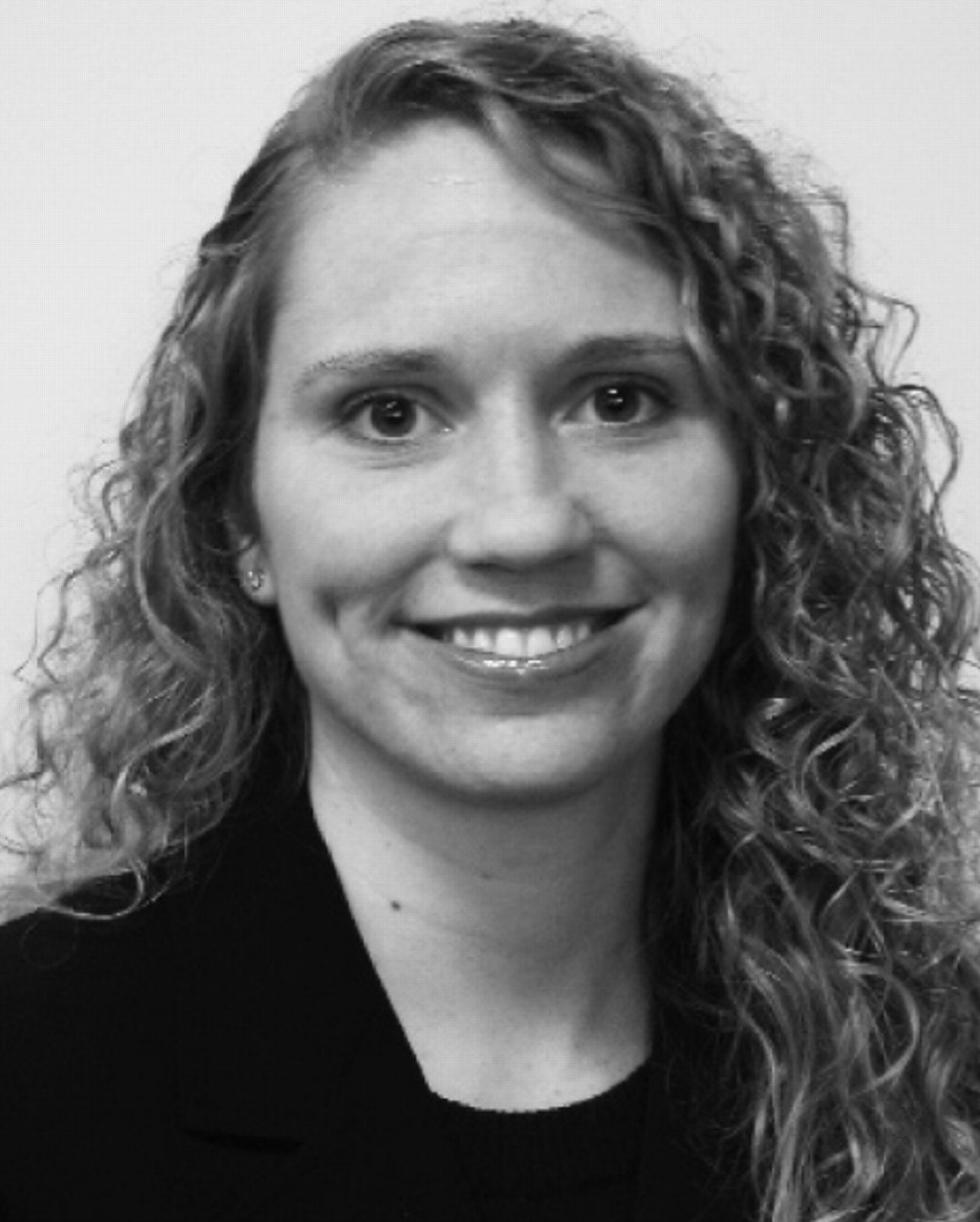When You're a Young Psychiatrist, Self-Esteem Is Hard to Maintain

As a psychiatrist, I frequently talk with my patients about their self-esteem, what contributes to it, what detracts from it. I think a lot about how to help my patients build their self-esteem and improve their sense of themselves, especially when their lives are filled with struggles and disappointments. But I also wonder how to maintain my own self-esteem, my sense of self as a psychiatrist.
It isn't easy. Within the hospital hierarchy, psychiatry does not rank highly. Sometimes it feels as if we are the afterthought in treatment planning. Our work is hidden behind closed doors, and our failures and successes are protected equally by confidentiality. Few patients sing the praises of psychiatry when they are healed or relieved of suffering. Social stigma often prevents them from doing so. And as psychiatrists, we even have our own hate groups and celebrities speaking out against us in the national media. Do cardiologists have hate groups? Does Tom Cruise campaign against dermatologists too?
Many of our patients are disenfranchised and marginalized, and accolades for treating them are rare. Given the nature of their illnesses, they are sometimes challenging, angry, frustrating. I have been yelled at more times than I have been thanked, threatened more times than congratulated. I have even blamed myself when the natural course of an illness leads to a relapse. Does the oncologist feel responsible when a cancer returns? Why then do I feel responsible when a patient with recurrent depression becomes depressed again? as a doctor, when your tool for healing is yourself, it becomes too easy to accept blame and guilt.
We have to beg and fight for every service we provide for patients. We need to convince nonphysicians from insurance companies of our value in a way that no other specialty does. Every visit, every medication, every hospitalization must be justified to someone else, leading to the feeling that our medical opinion just isn't good enough. A patient in the emergency room with an MI does not require approval from an insurance company to be admitted to the hospital for medical care. But almost every psychiatric patient requires insurance company approval for admission to the hospital for psychiatric care.
Our medications are labeled with black-box warning after black-box warning. Many of our medications require a prior authorization just to be dispensed. More recently, insurance companies have been placing dosing limitations on how much medication can be prescribed, without regard for actual FDA dosing limitations. And to exceed a dosing limitation, which may be well below a therapeutic dose, requires further justification to a nonphysician. The dosage limitations do not apply only to expensive medications, but to inexpensive and generic medicines as well. Would we ever allow a dosage limitation on insulin? Why do we allow it on Prozac?
With all of these frustrations, with the frequent demoralization, and with the bureaucratic challenges, why do I do this job, day after day? Why do I wake up every morning, still ready to go to work? How do I maintain my professional self-esteem? How do I continue to take pride in being a psychiatrist?
For me, it is the small pleasures I can hold on to every day that allow me to keep going. It is the child who brought me a potato latke she made herself so that I could know how her family celebrates Hanukah. It is the teenager who sent me a postcard on her family vacation just to let me know it was going all right. It is the little boy who made me laugh so hard when we pretended to go on a safari adventure through other offices in the clinic. It is the family who wrote me a letter one year after I hospitalized their daughter to let me know she was doing better. It is the toddler who runs to me when I go to get her from the waiting room, the high-school student who proudly brought me his first honors report card.
I hold on to each of these “small” moments, knowing that they are anything but small. I realize now that in psychiatry, as in many things, success is measured in tiny increments, and so I will cherish each one. When I feel tired, frustrated, and ready to give up, I will remember the taste of a potato latke, the postcard image of a whale, the thrill of a safari adventure, warmed by these gestures of kindness. Until the health care system changes, until parity becomes a reality, until mental illness is no longer stigmatized, I will balance the harsh realities of this career with the softer gifts from my patients, knowing that I could never enjoy anything else quite as much.▪



